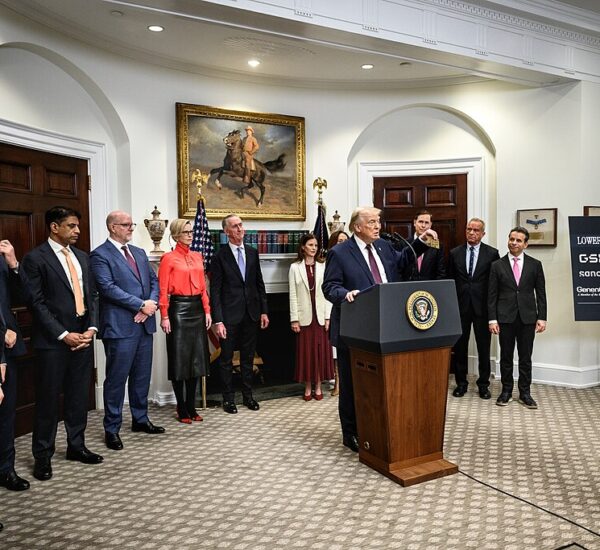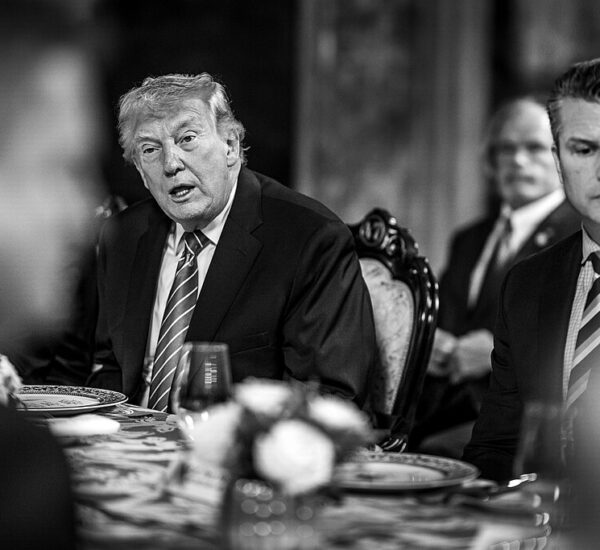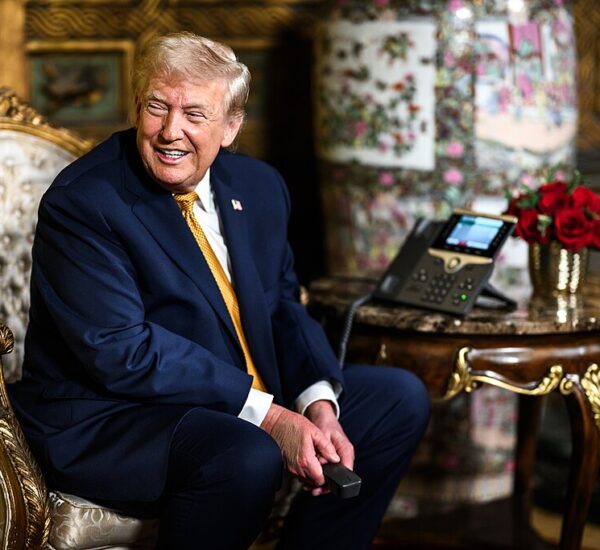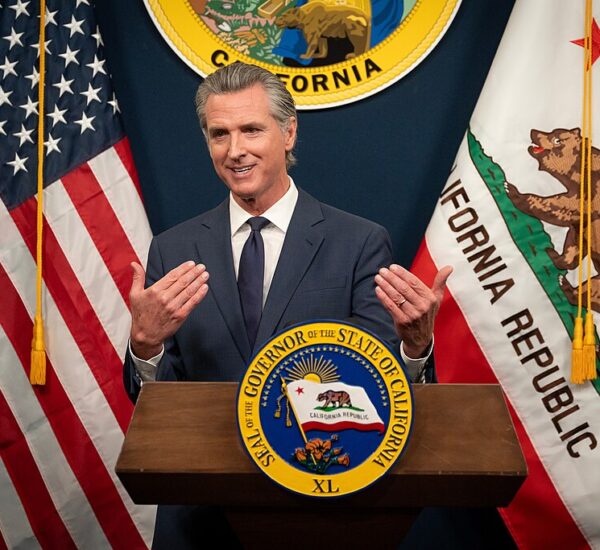Republicans Fearful Of Trump
Republican senators are increasingly wary of opposing President Trump’s agenda, fearing the possibility of primary challengers funded by tech mogul Elon Musk. As the world’s richest person, Musk has the financial resources to support candidates in primary elections, making it a real threat to GOP lawmakers who stray from Trump’s direction.
The White House has been clear in signaling that any Republicans who vote against Trump’s controversial nominations or oppose efforts to cut government spending, including freezing funding for agencies like the U.S. Agency for International Development, will face political consequences. And when that warning comes with the backing of Musk, who could pour millions of dollars into supporting primary challengers, the stakes get much higher.
In December, Musk made his intentions clear when he announced he was compiling a “naughty list” of Republican lawmakers who go against Trump’s agenda. Musk’s political action committee (PAC) has promised to play a significant role in the upcoming primaries, further solidifying his influence in shaping the Republican Party. This threat, while initially aimed at conservative House members, has echoed throughout the Senate.
Several GOP senators have already made moves to align themselves with Trump’s agenda, including those up for reelection. Senators like Bill Cassidy (R-La.) and Thom Tillis (R-N.C.) have been under intense pressure to support controversial nominations, including Trump’s pick for the Pentagon, Pete Hegseth. While some senators, like Joni Ernst (R-Iowa), initially hesitated, they quickly felt the heat from Trump’s supporters, with social media backlash and public criticism from key figures like Iowa Attorney General Brenna Bird.
The fear of Musk-backed primary challenges has only grown since then. Republicans know that Musk’s deep pockets could fund powerful campaigns against those who are seen as disloyal to Trump. Even though some GOP senators like Susan Collins (R-Maine) and Mitch McConnell (R-Ky.) voted against Hegseth, the overall trend has been a reluctance to challenge Trump’s nominees or risk the wrath of his supporters.
Musk’s threat carries weight because of the financial muscle behind it. With a potential $288 million spent on supporting Trump and other Republican candidates in 2024, Musk’s influence is undeniable. In an era where money plays a crucial role in elections, the backing of a billionaire like Musk makes a primary challenge a real threat to any senator who dares to oppose Trump’s agenda.
As the 2026 elections approach, GOP lawmakers know that standing against Trump could mean facing a well-funded challenge from a candidate backed by both Musk’s fortune and the growing influence of grassroots conservative movements. The stakes have never been higher for Republicans, as they navigate the fine line between supporting their party’s agenda and keeping their seats in office.






